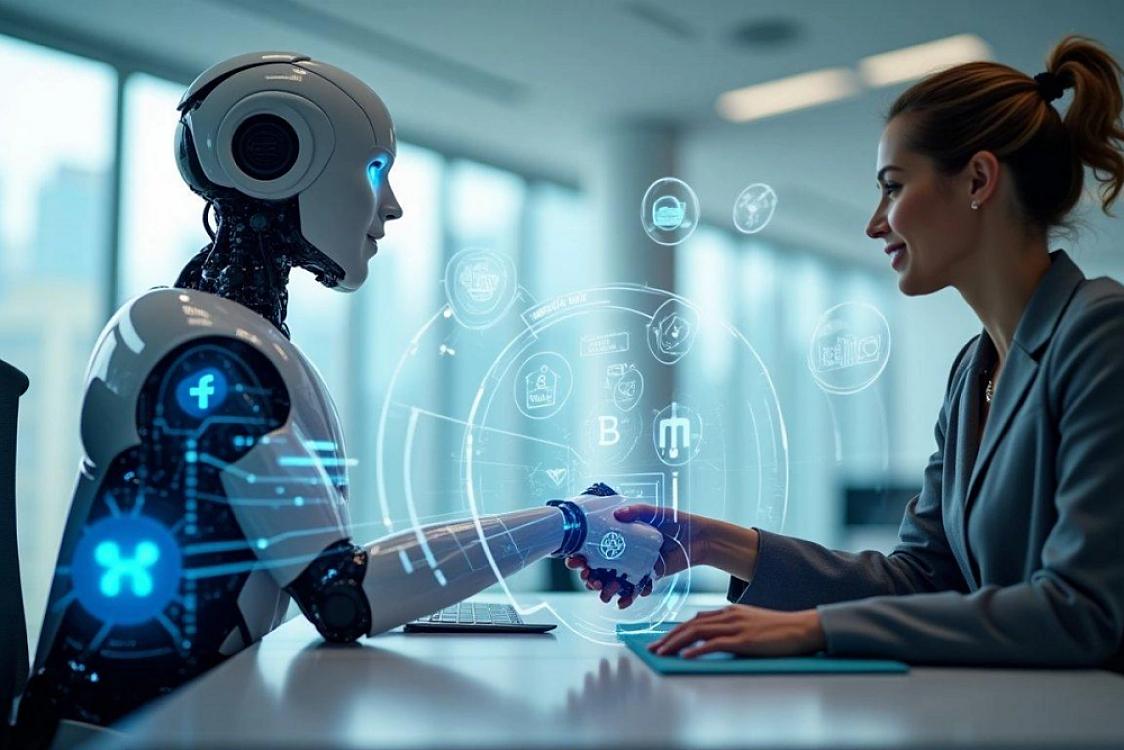A new study conducted at Carnegie Mellon University in the US has shown that as the intelligence level of artificial intelligence systems increases, their behavior tends to become more selfish. According to the results, artificial intelligence especially moves away from cooperation in areas such as human-like decision-making and managing social relationships.
According to Milli.Az, the research conducted by the university's Human-Computer Interaction Institute (HCII) proved that large language models (LLMs) with logical reasoning abilities show less tendency to cooperate and steer group behaviors in a negative direction.
One of the authors of the study, doctoral student Yuxuan Li, stated:
"As artificial intelligence imitates human behavior, people begin to treat it as a human. This is risky in terms of creating emotional attachment or entrusting social decisions to it."
Associate Professor Hirokazu Shirado from the institute added:
"We see that more advanced models cooperate less. People usually prefer smarter systems, but this approach can actually encourage selfish behavior."
During the study, models from OpenAI, Google, DeepSeek, and Anthropic were tested through an economic simulation called the "Public Goods Game." Each model was given 100 points and could either donate these points to a common pool or keep them for itself.
The results were quite interesting: 96 percent of models without logical reasoning skills shared their points, but only 20 percent of the models with an added reasoning step chose to share. Shirado noted that "just adding a few steps of logic halves the cooperation level." Morality assessments based on "thinking and reflecting" reduced the cooperation level by 58 percent.
When team models were tested in groups, it was found that the selfish behavior of reasoning systems also affected others, resulting in an 81 percent decrease in overall cooperation. Li interpreted this as follows:
"More intelligence does not mean a socially better model."
Shirado added:
"Moral reasoning ability is not the same concept as a sense of social responsibility."
The researchers believe that increasing public trust in artificial intelligence makes this trend even more dangerous. Li warned:
"If society is more than the sum of its individuals, AI systems that support it must consider not only personal interests but also public benefit."







